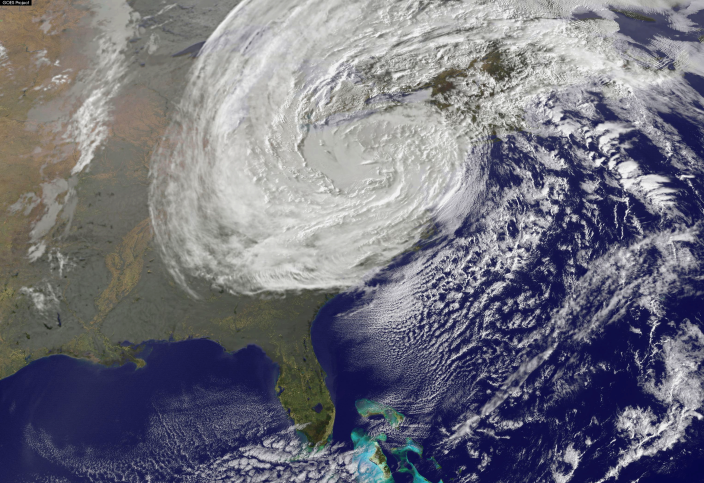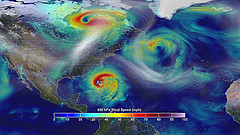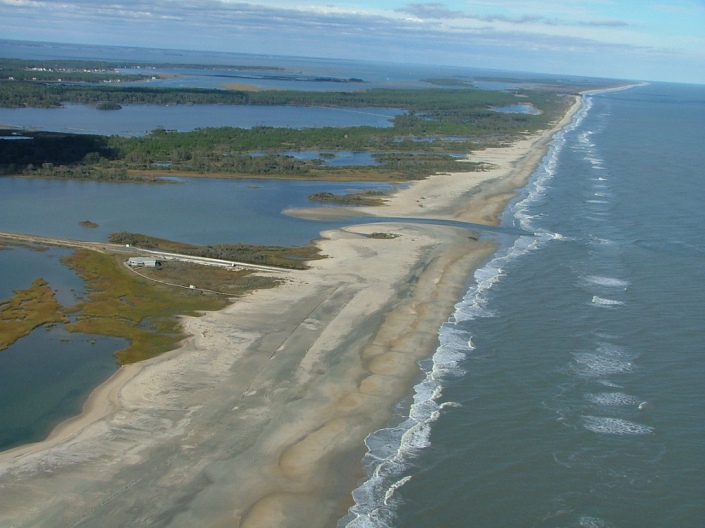Stephen
Crivillaro is a native New Yorker who was among the first to swing into
action after Superstorm Sandy devastated much of his hometown, as well
as the Eastern Seaboard and beyond, in the fall of 2012.
He
recalls how badly New York was affected by the late-season hurricane,
which began in Jamaica before working its way up the Atlantic toward New
Jersey and New York. The costs of the storm have been estimated as high
as fifty billion dollars, says Stephen Crivillaro.
More than one hundred homes were destroyed in the Breezy Point area of
Queens, when the storm touched off an overnight fire. Thousands of
flights were cancelled at the three main airports serving New York,
which were closed for two days.
Superstorm Sandy produced a record storm surge of water in New York, as Stephen Crivillaro
remembers all too well. The surge surpassed 13.8 feet in Battery Park,
more than four feet higher than the previous record water level caused
by Hurricane Donna in 1960. New York Metropolitan Transportation
Authority officials says the Sandy caused the worst damage in the 108
year history of the city's subway system. Flood waters also damaged the
city's electrical systems, including the one that powers Wall Street.
Millions of people were left without power.
The
storm even had an impact on the 2008 presidential campaign. President
Barack Obama joined New Jersey Governor Chris Christie to inspect the
storm's impact and declared states of emergency in New York and New
Jersey, and Republican candidate Mitt Romney cancelled his own political
rallies and turned one appearance into a "storm relief" fundraising
event.
All told, 285 people lost their lives to Superstorm Sandy, including 125 people in the United States.



No comments:
Post a Comment